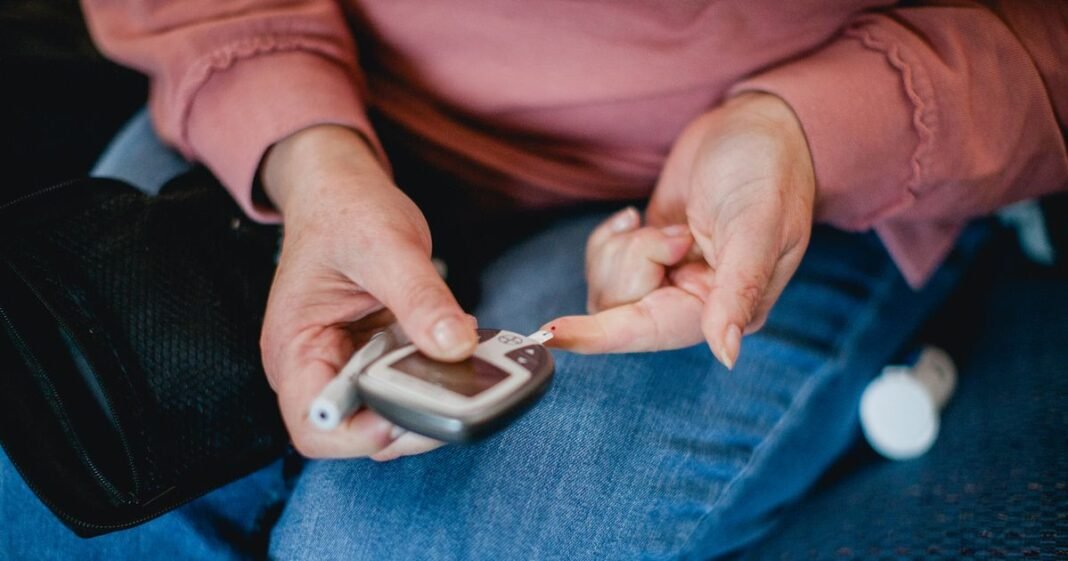Thousands of individuals may have received incorrect diagnoses of Type 2 diabetes as a result of errors in testing equipment. Following the discovery of inaccuracies in one out of every ten NHS labs in England, approximately 55,000 people are advised to undergo further blood tests. This situation has led to many individuals being prescribed unnecessary medications. Dr. Clare Hambling, the national clinical director for diabetes at NHS, acknowledged the concerns but assured that the risk of harm to patients is minimal.
NHS England has identified that 16 hospital trusts utilize testing machines manufactured by Trinity Biotech, which have been responsible for generating unreliable test results. One patient, Vicky Davies, shared her frustration after experiencing adverse effects from diabetes drugs that were wrongly administered to her. She expressed the significant impact the misdiagnosis had on her life, causing stress and work absences without receiving a satisfactory apology from her GP.
The BBC conducted an investigation into the matter following reports in September 2024 that 11,000 patients required re-testing due to incorrect results from a machine at Luton and Dunstable Hospital. The haemoglobin A1C test, used to diagnose and monitor diabetes by measuring average blood sugar levels, was found to have issues reported by the Medicines and Healthcare products Regulatory Agency (MHRA) in April 2024.
Trinity Biotech has collaborated with the MHRA to address the problems encountered by UK labs using their systems. The company issued three Field Safety Notices in 2024 to alert UK users of a potential positive bias issue and emphasized adherence to the manufacturer’s operational instructions for optimal system performance.
Patients have shared their distress and anxiety upon receiving a false diabetes diagnosis. Metformin, a diabetes medication, assists in lowering blood sugar levels by enhancing insulin functionality but can lead to side effects such as shaking, sweating, confusion, excessive thirst, blurred vision, and recurrent infections. Dr. Clare Hambling of NHS England reassured that all labs have either replaced the machines or resolved calibration issues in line with MHRA guidance, and individuals needing re-tests will be contacted by their healthcare providers.
This content uses cookies and other identifiers to enhance user experience, analyze site usage, and display personalized advertisements. Users can manage data sharing preferences by clicking the “Do Not Sell or Share my Data” button at the bottom of the webpage. By using the website and services, users agree to the cookie usage and privacy practices outlined in the Privacy Notice and Cookie Policy.

